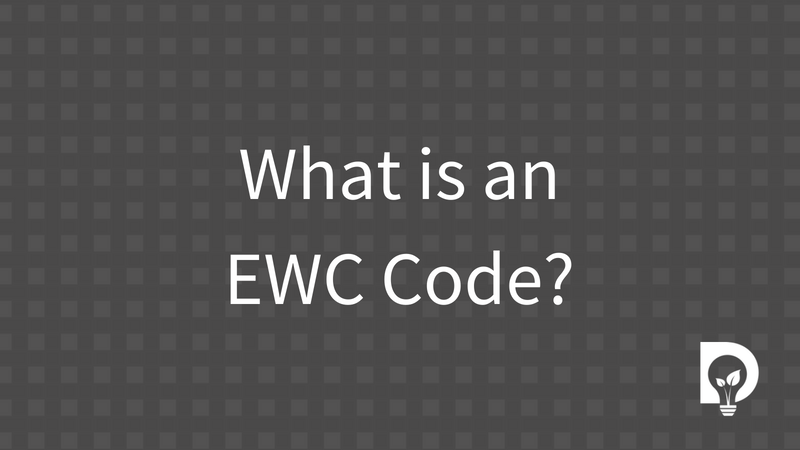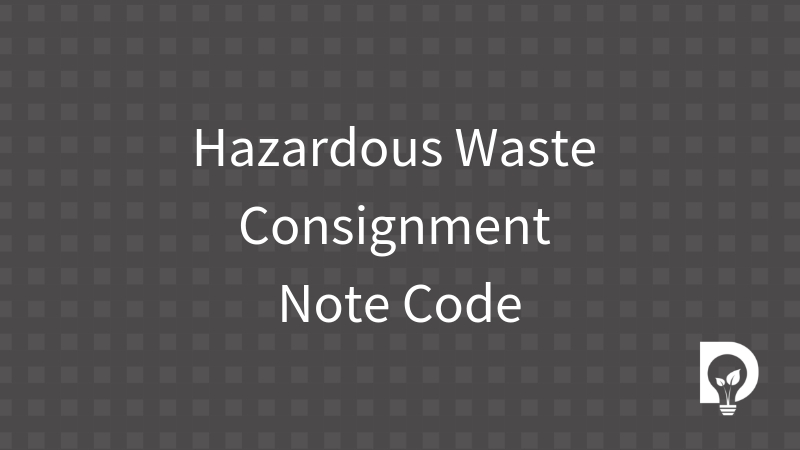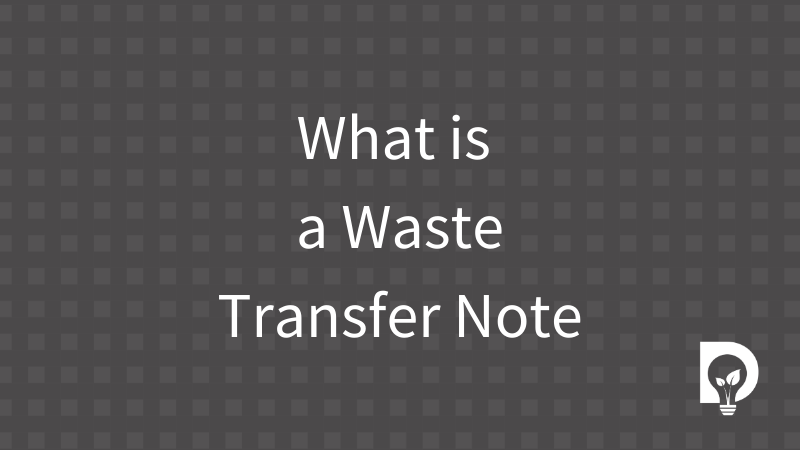
Rubbish removal is important. So very important but also dull, confusing and complicated. As the Dsposal explainer video states: “We all produce waste and sometimes it can be a pain to get rid of”. Almost every day we’ll put something in the bin ready for it to be taken away. Once it’s in the bin it sits there until the next bin collection date and then it’s out of sight and out of mind. That’s the same if you are at home, at work or out and about.
Sometimes there is a time when a bin just isn’t big enough and we need to hire a skip or search the man with van adverts to take away  that bulky waste. The issue is that waste “can be a pain to get rid of”. Did you know that all waste (even rubbish in household bins) must follow the rules when getting rid of it? It’s what is called your “Duty of Care”. This duty of care is imposed under section 34 of the Environmental Protection Act 1990. A breach of the duty of care could lead to a conviction.
that bulky waste. The issue is that waste “can be a pain to get rid of”. Did you know that all waste (even rubbish in household bins) must follow the rules when getting rid of it? It’s what is called your “Duty of Care”. This duty of care is imposed under section 34 of the Environmental Protection Act 1990. A breach of the duty of care could lead to a conviction.
What is the Waste Duty of Care?
The Waste Duty of Care is a bit of law that states that everybody is responsible for their rubbish. It’s there to make sure that human health and the environment is protected. The way it works is that by making everybody along the chain responsible for the waste it means that everybody will care where it ends up. Failure to comply is an offence subject to an unlimited fine if convicted.
Everybody what has any form of waste, rubbish or junk needs to follow this bit of law. Depending on who you are means you do slightly different things. There by following these few steps you’ll be compliant in now time.
Who Are You and What is Your Waste?
Question. Can you answer yes to any one of these?
- Is the rubbish you are looking to get rid of produced by you in your house?
- Is the junk you want to throw away yours, or a mate’s and it’s in your flat?
- Is the trash in your yard?
Okay, you then you are a “Householder” and should follow the rules for householders. Jump to the householder section below.
If you couldn’t then that means you are a waste holder. Waste holders’ import, produce, carry, keep, treat, dispose of or, as a dealer or broker have control of, certain waste in England or Wales and thus need to follow the duty of care as imposed under section 34 of the Environmental Protection Act 1990. Jump to the waste holder section which is on a different page.
I am a householder. What is my Duty of Care?
As “householders” we have a limited duty of care because most household waste is removed by the council’s bin collection service. We don’t have to check up on the councils, so if our rubbish goes in their bins then that is that.
If, however, we need a skip hire company or an addition rubbish removal service then we need to follow this duty of care. We are required to take reasonable steps to check that the people taking our rubbish away are legally allowed to do so.
We need to ask:
- The skip company, waste carrier or rubbish removal firm to give us their full address and telephone number.
- To see their waste carrier's licence. This licence is issued by the Environment Agency or Natural Resources Wales. It has a start date (registration date) and end date (expiry date). If the day they collect your junk is outside of these dates, then we can’t let them pick up the trash.
- Where they are taking the rubbish to after they take it away.
- Finally, we need to get a proper invoice, waste transfer note or a receipt for the waste removal – this should give a description of the waste and provide the waste carrier’s contact details as well as our name and address. We also need to sign it. Then get a copy and keep it safe for 2 years.
Householder Duty of Care Summary
- Get the name and address of the company.
- Check that they have a valid waste carrier’s licence.
- Ask where the rubbish is going.
- Get a signed invoice, receipt and/or transfer note.
How does Dsposal Help Householders?
Dsposal helps by ticking 3 of the 4 boxes above.
- Get the name and address of the company.
- The waste companies on Dsposal have their name and address already on the system. By sending an enquiry and following these companies you can show that duty of care.
- Check that they have a valid waste carrier’s licence.
- Everybody on Dsposal has a valid, in-date waste licence. They must because our database links to the Environment Agency. We have built an easy to understand traffic light system with the information from the licence. We also ask waste companies up upload their licence so you can see it even before you send an enquiry.
- Ask where the rubbish is going.
- Use the enquiries section to ask. Then it is written down. Sending an enquiry to more than 1 waste company so you can get different quotes.
- Get a copy of the invoice or a receipt.
- We can’t help with this one. Well, not yet.


